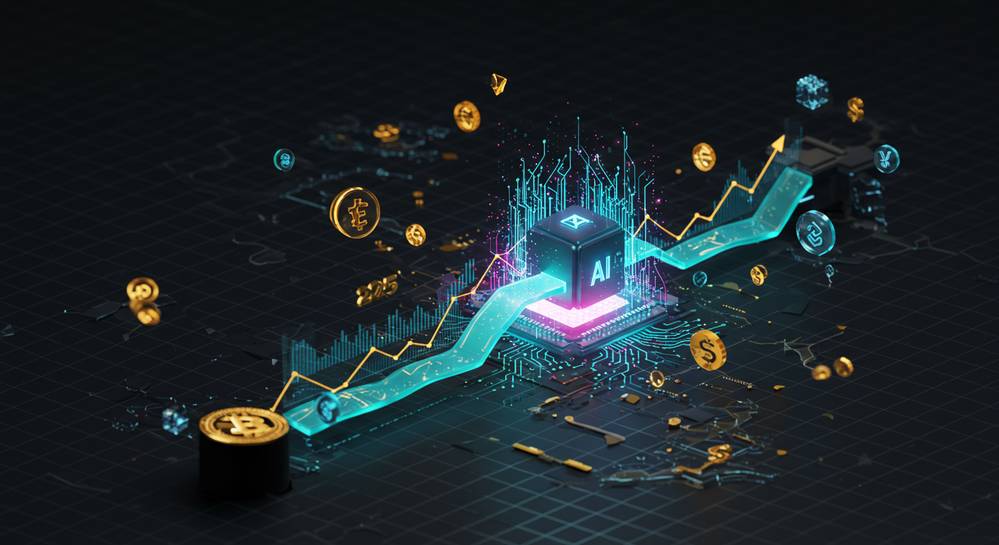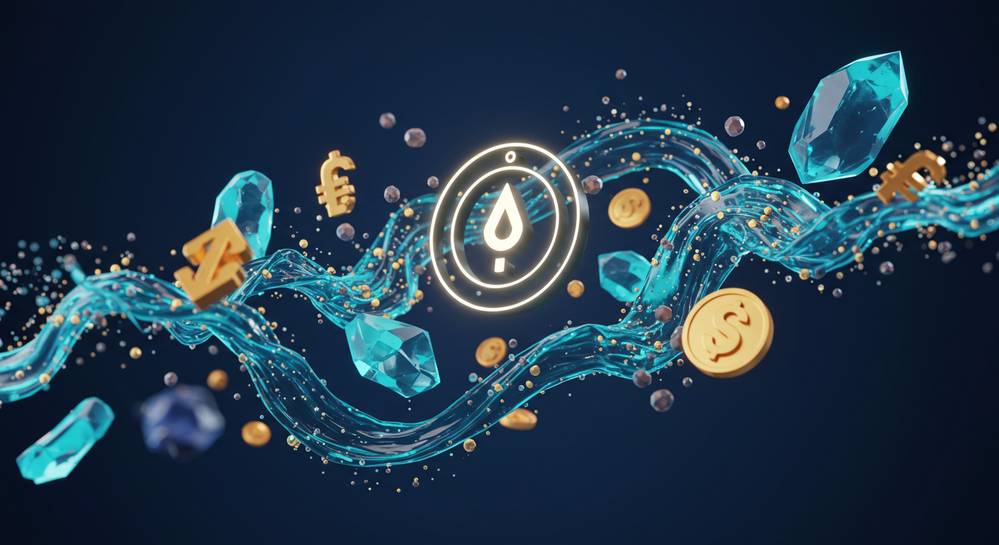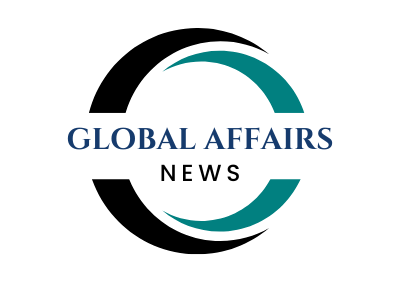As we look towards 2025, the global economy stands at a pivotal juncture. Understanding the emerging currents is no longer just for economists but is crucial for anyone making strategic decisions. This article breaks down the most significant global economy news trends 2025, moving beyond headlines to offer a clear, semantic analysis of the forces that will shape our collective financial future and define the next era of global commerce.
The recalibration of global trade and supply chains

The era of hyper-globalization is evolving. A key theme in global economy news trends 2025 is the pivot from pure efficiency to supply chain resilience. This strategic shift is driven by persistent geopolitical tensions, including the fears of a global trade war, and lessons from recent disruptions. We are witnessing a fundamental move from just-in-time to just-in-case logistics, prioritizing stability over pure cost savings.
- Companies increasingly relocate production to politically aligned nations or closer to home. This friend-shoring and near-shoring mitigates risks, reshaping traditional trade routes away from volatile regions.
- Regional trade agreements are strengthening based on shared values. These economic partnerships create more fragmented but predictable zones, prioritizing security over unfettered market access.
- Nations continue imposing export controls on sensitive technologies like semiconductors and AI. This adds a new layer of complexity for multinational corporations navigating a divided tech landscape.
AI as a fundamental driver of economic productivity

Artificial intelligence is transitioning from a peripheral tool to a core driver of economic activity. In 2025, its impact will be felt across all sectors, influencing everything from productivity to employment. This is not just about simple automation; it is about creating entirely new capabilities and business models. Understanding this shift is central to the global economy news trends 2025.
The dual impact on labor markets
AI will automate many routine tasks, leading to job displacement in some areas. However, it simultaneously creates new roles focused on AI management, data science, and human-machine collaboration. The primary challenge for economies is managing this transition. This requires significant investment in reskilling and education initiatives to prevent a widening skills gap and ensure a prepared workforce.
Productivity and business innovation
Businesses that successfully integrate undefined are expected to see significant productivity gains. AI-driven analytics can optimize operations, personalize customer experiences, and accelerate research and development. This creates a stark competitive divide between AI adopters and those who lag behind. This productivity gap is a defining economic feature of the current landscape.
Navigating a new era of monetary policy

After a period of aggressive rate hikes, the world is entering a delicate new phase of monetary policy. This is a primary focus of global economy news trends 2025. Central banks, including the US Federal Reserve and European Central Bank, face the difficult task of balancing inflation control with economic growth. Their decisions will dictate market direction for the foreseeable future.
The key question for 2025 is whether we are heading for a soft landing or if undefined and other economies. The path central banks choose will determine the outcome.
Expect continued volatility in financial markets as investors react to inflation data and central bank statements. The era of near-zero interest rates is over. Businesses and consumers must adapt to a higher cost of capital. This new environment strongly favors companies with robust balance sheets and sustainable cash flow, creating a clear divide between the resilient and the vulnerable.
The green transition becomes a core economic engine
The global energy transition is no longer a niche topic. It is a central pillar of economic strategy and a massive driver of investment. In 2025, the push towards sustainability will accelerate, creating both opportunities and challenges. This shift is one of the most critical global economy news trends 2025, fundamentally reshaping entire industries.
- Trillions of dollars are being allocated to renewable energy sources like solar and wind. This also funds new infrastructure for electric vehicles and green hydrogen, creating a powerful economic stimulus.
- The demand for critical minerals such as lithium, cobalt, and copper is surging. Geopolitical competition to secure these resources will intensify, forging new dependencies and strategic alliances.
- More governments are implementing carbon taxes or emissions trading systems. Businesses must adapt to these compliance costs, which in turn drives innovation in low-carbon technologies.
This movement represents one of the most significant reallocations of capital in modern history. It is fundamentally changing how economies grow and compete on the world stage.
The economic landscape of 2025 will be defined by deep, structural shifts rather than cyclical trends. Navigating this environment requires a focus on resilience, technological adoption, and sustainability. Understanding the interplay between geopolitics, AI, monetary policy, and the green transition is essential for any forward-looking strategy. For continuous analysis on these critical topics, follow Global Affairs News and stay ahead of the curve.
